AI is on the verge of reshaping the landscape of the training and apprenticeship education sector in England, meaning providers are faced with no choice but to adapt to the change. The depth and diversity of AI's influence on education in England is readily apparent.
This literature review is substantiated by insights gleaned from an array of sources, including Forbes, Moonpreneur, BestColleges, Training Magazine, eLearning Industry, and LinkedIn.
Personalised Learning: AI's hallmark feature is personalisation. Through the analysis of students' distinctive learning patterns, strengths, and weaknesses, AI tailors the delivery of educational content and the pace of learning. Forbes underscores that this tailored approach enhances learning efficiency and ignites student engagement, enabling learners to advance at their own speed while trainers can elevate academic performance. Traditional evaluation methods frequently fall short in providing an accurate gauge of a student's abilities in a modern world as we understand more about how everyone is different. AI-driven assessments, as underscored by Moonpreneur, dynamically adjust in real-time. This adaptability ensures a more precise assessment of students' strengths and weaknesses, thereby equipping trainers to provide targeted help and support.
Virtual Instructors and Tutors: AI-driven chatbots and virtual instructors, as described in BestColleges, are progressively infiltrating the education arena. These digital companions are accessible around the clock, giving explanations and guidance whenever students require assistance. This unprecedented accessibility promotes continuous learning, regardless of time zones or geographical locations. Training Magazine underscores AI's pivotal role in discovering emerging skill requirements and customising the curriculum accordingly. This ensures that students and apprentices acquire the most relevant and up-to-date skills, increasing their employability within an ever-evolving job market.
Enhanced Learning Materials: AI is revolutionising the creation and delivery of educational content, as highlighted by eLearning Industry. Intelligent content generation tools fashion interactive, multimedia-rich materials that can be set to cater to diverse learning preferences. This reimagining of learning materials produces a more captivating and exciting experience. Moonpreneur underscores that AI isn't replacing trainers/teachers, it is redefining their roles. trainers are evolving into mentors and coaches who nurture critical thinking and provide guidance, while AI shoulders routine responsibilities. This transformation empowers educators to foster creativity and critical thinking in students getting the best out of them.
Lifelong Learning: Encouraging lifelong learning is another side of AI's impact, as emphasised by BestColleges. Professionals can enhance or alter their skill sets as AI-powered platforms adapt to the fluid job market, simplifying career transitions. The incorporation of AI into education necessitates tough ethical considerations, as several sources caution. Preserving privacy, safeguarding data, and addressing bias in AI algorithms must be approached with utmost care to ensure equal and impartial access with fair outcomes for all learners.
AI's impact on England's training and apprenticeship education sector is going to be both profound and complicated for all those involved. It is ushering in a new era of education characterised by personalised learning experiences, refined assessments, virtual support, skill gap bridging, and lifelong learning promotion. As AI continues its evolution, education in England and learning across the world will become more accessible, effective, and attuned to individual needs leading to more breakthroughs in the world of technology quicker and faster than ever before.
